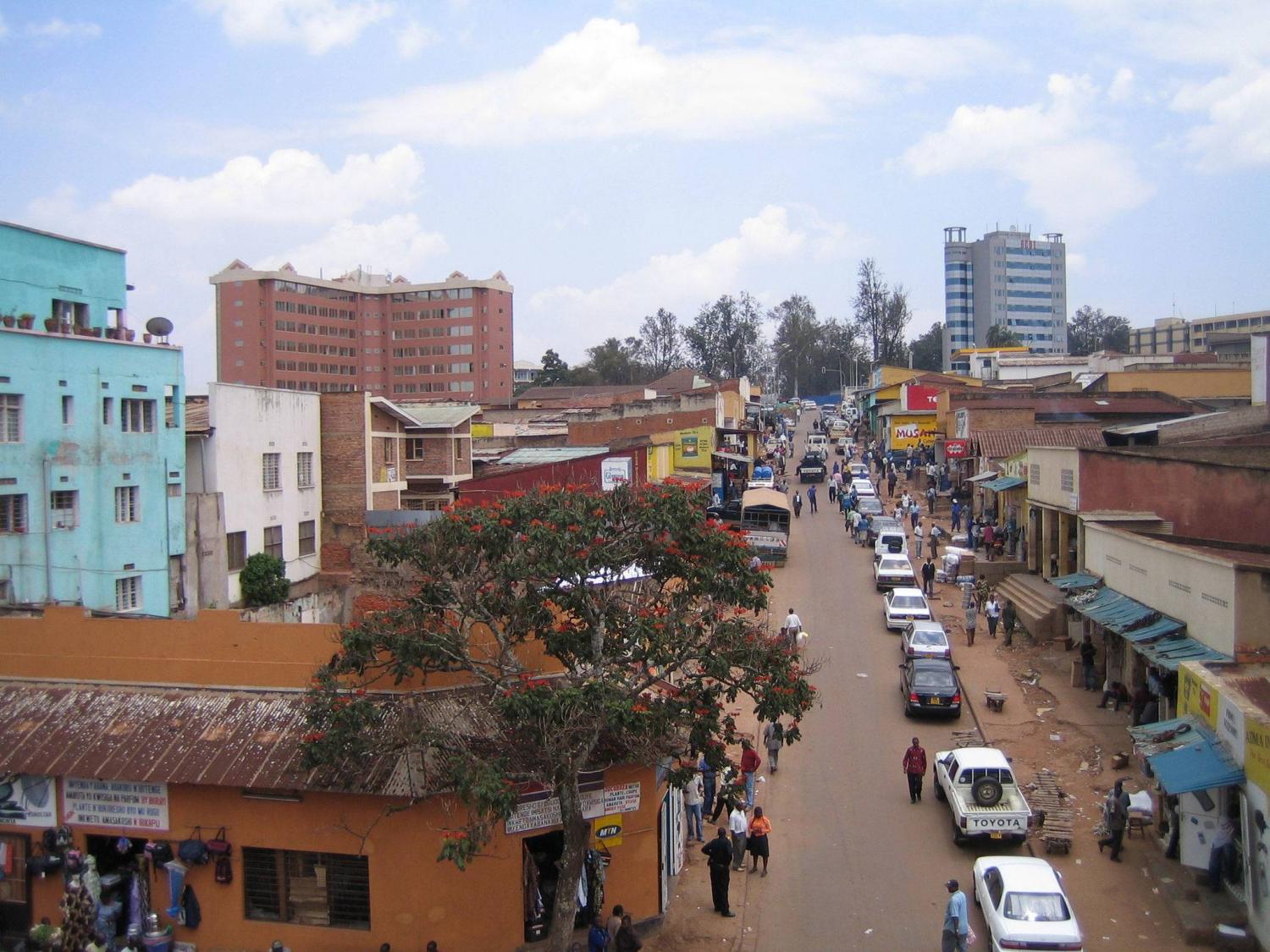
By Tom Cassauwers
The Belgian development community is seeing the benefit of cooperation with the private sector. One NGO working on that area is Exchange vzw, which allows Belgian entrepreneurs and experts to volunteer with businesses in the Global South that experience a skill shortage. And its approach to sustainable development reserves a central place for the private sector.
When Gie Verbunt, CEO of the Belgian company IZEN Energy Systems, went to Rwanda in the summer of 2016 it was about renewable energy, not vacationing. “The technology for renewable energy exists in Africa, is reliable and certainly not the most expensive anymore. So it makes sense for them to start using it,” Verbunt said.
On his trip he volunteered with Munyax Eco, a local company that specializes in renewable energy. As an experienced entrepreneur in renewables, Verbunt advised Munyax on technical issues, marketing and sales. “There are little precedents there on how to connect renewables to the grid. So I proposed to build a case, and see how it would work.”
This exchange was not an ad-hoc partnership, but was organised through Exchange vzw. Exchange is a Belgian development NGO that sends entrepreneurs and experts on volunteer exchanges to private companies in the Global South. The companies they work with cannot fund regular consulting for their expertise shortages, so Exchange fills the gap. The goal is to stimulate private sector growth for development.
“Part of our mission statement is to offer renewable energy to everyone. So besides doing this in Belgium, it was quite logical for us to go to Rwanda,” Verbunt said, looking back on his decision to volunteer.
The private sector as an engine
“The private sector serves as an engine for development,” explained Stijn van Bosstraeten, managing director of Exchange. “If you miss the private sector, you miss a large part of the fabric needed for sustainable development.”In 2015, the U.N. Sustainable Development Goals (SDGs) adopted this reasoning. In contrast to their predecessor, the Millennium Development Goals, the SDGs explicitly argue for private-sector inclusion and engagement in development issues. In the past few years, Belgian development cooperation has equally turned to the private sector and entrepreneurship as a source of sustainable development.
In 2014, Belgian Development Minister Alexander de Croo made private-sector development in the Global South an explicit target for Belgian policy. “What could be called classical NGOs reacted somewhat cautiously to this change in policy. But for Exchange, it fits exactly with our philosophy,” van Bosstraeten said.
Exchange started working on the issue long before that: It was founded in 2001 and sees its work as complementary to that of traditional NGOs. “The private sector might be an engine for development, but for firms to grow there still needs to be education, healthcare and food security, more classical NGO working areas," explains van Bosstraeten explained.
NGOs as watchdogs
Private-sector development is, however, not without its critics. Already in 2012, Flemish North-South umbrella organization 11.11.11 released a critical report on a Belgian state fund for private-sector development. It showed how funds destined for the private sector were channelled based on the possibility for financial return, sometimes even through tax paradises, and went to ecologically damaging businesses.“We need to maintain a critical attitude toward the private sector," van Bosstraeten cautioned. "The main goal of a company is to make a profit, and sometimes this clashes with development goals. There is a constant challenge to encourage sustainable development through the private sector.”
But van Bosstraeten says NGOs like Exchange can serve as a check on this behavior: “By acting as a watchdog, we can establish partnerships with the good companies that stimulate sustainable development.”
It's a two-way street
Gie Verbunt’s trip to Rwanda led to a permanent connection between Belgium and the African country. IZEN will send an employee to Munyax Eco for a project later this year. Verbunt is positive about volunteer exchanges resulting in permanent business partnerships, as it allows for more structural cooperation.“Our focus is on helping companies in the South, and we put their needs first. If, however, permanent business connections are established, in the interest of both parties, then we can only greet that positively,” van Bosstraeten said.
Verbunt also sees exchanges as mutual learning experiences. “Volunteering your skills is never a one-way transfer; you always learn things yourself. The way Rwandans do HR and handle people is better than ours. They often solve problems without running into our trap of burn-out and excessive stress.”
Echoing this thinking, Exchange is realizing that companies in the Global South have much to teach each other as well. In the words of van Bosstraeten: “In the future we hope to facilitate exchanges between companies in a South-South fashion. Exchanges are never a one-way street, and we are convinced companies in the Global South can also learn from each other.”
Image credit: SteveRwanda via Wikimedia Commons
Tom Cassauwers is a Belgian writer that works on issues of business, world politics and history. He can be found on Twitter at @TCassauwers
TriplePundit has published articles from over 1000 contributors. If you'd like to be a guest author, please get in touch!














